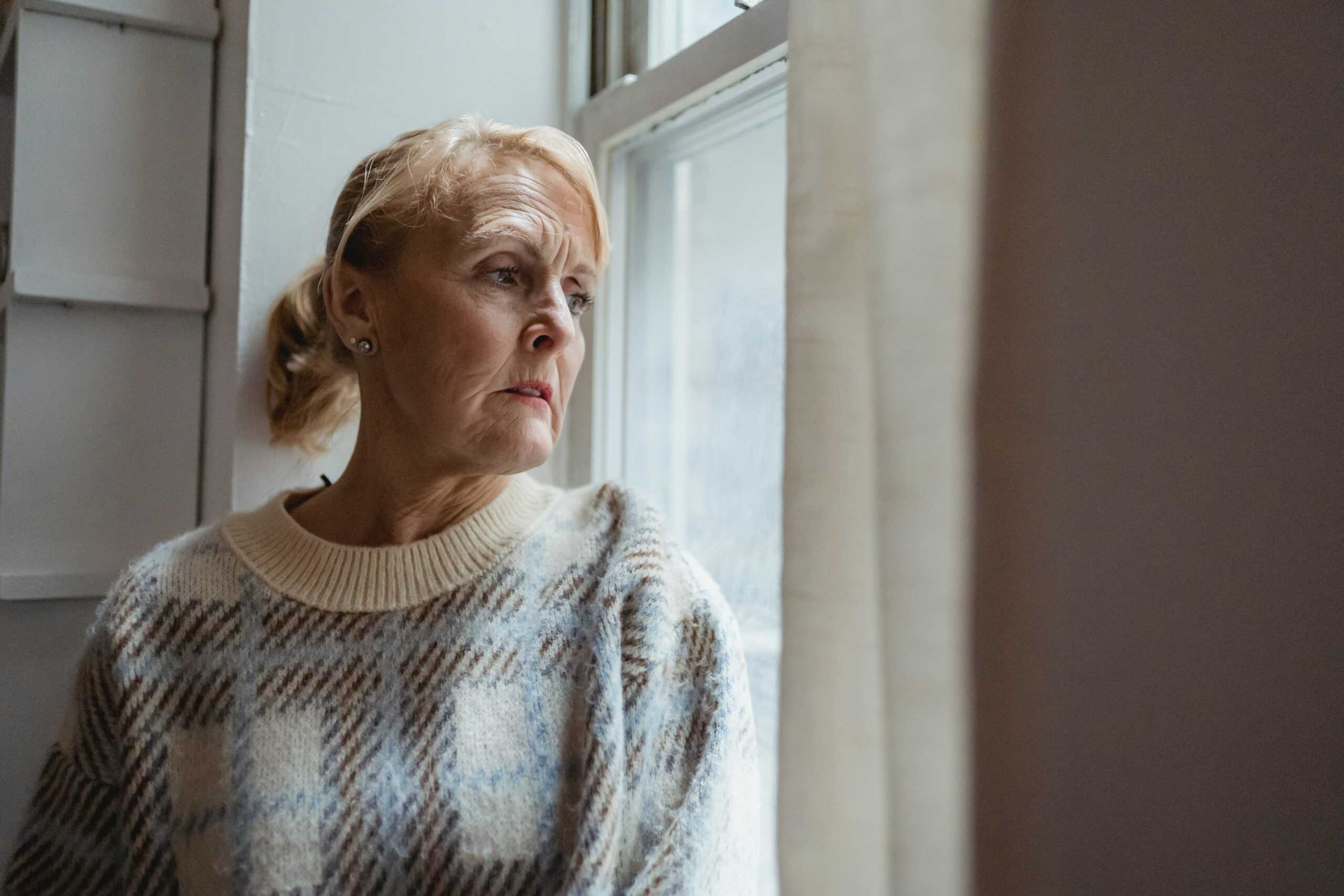At least one in ten adults over age 65 experience some form of elder abuse in any given year. Given that there are more than 56 million Americans age 65 and older, that’s nearly 6 million seniors experiencing abuse each year. Elder abuse can have a serious impact on the victim’s long-term physical and psychological health and can even lead to early death.
What Is Abuse?
Elder abuse refers to an action or lack of action that causes intentional harm or distress to an elderly person. Anyone can fall victim to abuse, but the risk is higher for adults who are perceived as more vulnerable, such as those with a mental illness, a disability or those who are socially isolated. Women are also more likely to be victims of senior abuse. Abuse tends to occur where a senior lives, either at their home, an institution or a long-term care facility.
There are many different types of elder abuse, and some older adults experience more than one type.
- Physical abuse is when a perpetrator inflicts pain or causes injury through striking, force or restraint. This type of abuse is often the most apparent since it may leave scars or marks.
- Emotional abuse inflicts pain on a senior through non-physical methods. This might include verbal assault, bullying by a caretaker or family member, psychological torment like manipulation or humiliation, and isolation from loved ones.
- Financial abuse involves fraud, theft, forgery or any other method of exploiting a senior’s finances. Internet and telemarketing scams are one popular example of this. The perpetrator may claim to be a relative needing money or an enterprise needing investment funds to get an older adult to share their financial information. Scams where a senior is tricked into signing over power of attorney or coerced into giving up assets are other examples of financial abuse.
- Sexual abuse is any type of unwanted or forced sexual contact. This type of abuse is the least reported.
- Neglect occurs when a caretaker does not fulfill the needs of an older adult intentionally or unintentionally, such as withholding access to food, medication or healthcare.
- Abandonment is the act of abandoning a vulnerable older adult. This could mean leaving a senior with dementia in a public place to fend for themself or deserting a senior in need of help in their own home.
Signs of Abuse
It’s not always obvious when a senior is being abused, but these are some signs you can look out for.
- Unexplained injuries
- Isolation from friends and family
- Evasive attitude
- Unexplained fearfulness or changes in behavior
- Seeming depressed or withdrawn
- Changes in spending patterns
- Weight loss
- Poor hygiene
If you suspect someone you know is being abused, don’t hesitate to take action. Only one out of every six instances of senior abuse gets reported. Start by talking to the potential victim and ask if they need help. They may feel embarrassed or scared to open up and may deny the abuse. You may also want to talk to family members or caretakers who can then take the appropriate next steps.
Calling 911 is the best way to report senior abuse that’s a life-threatening emergency. For situations that are serious but less urgent, you can report senior abuse or neglect to Adult Protective Services (APS). The purpose of APS is to protect vulnerable adults from exploitative and abusive situations, investigate reports of abuse and safeguard the civil liberties of the victims. The National Domestic Violence Hotline is another good resource for victims to report senior abuse and get support.
Find Affordable Life Insurance With Americo Senior Life
Abuse isn’t something many of us want to think about, but it has to be dealt with. For many of us, death is the same way. It’s daunting to plan for end-of-life expenses, but knowing your family will be financially secure after you’re gone can help alleviate some of your stress in your golden years. Here at Americo Senior Life, our job is to help you find a life insurance policy that’s right for you. Apply online to get a quote today.
